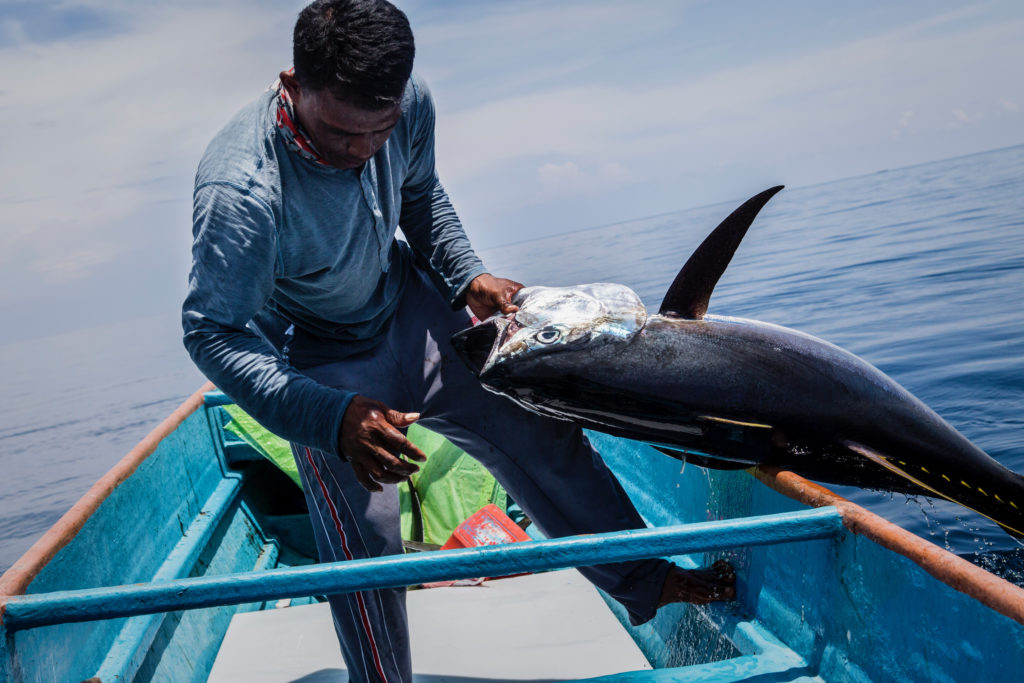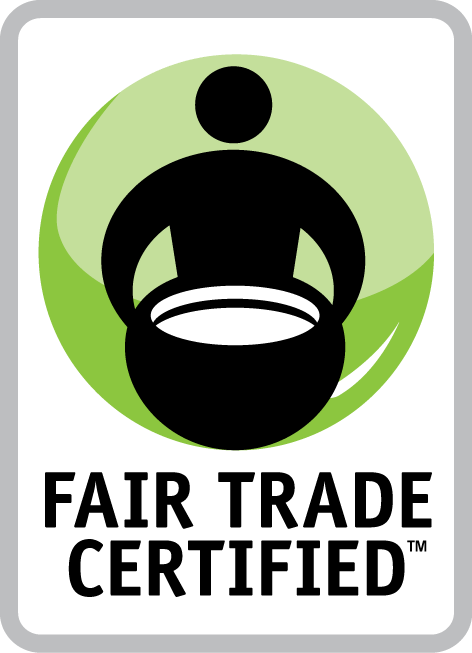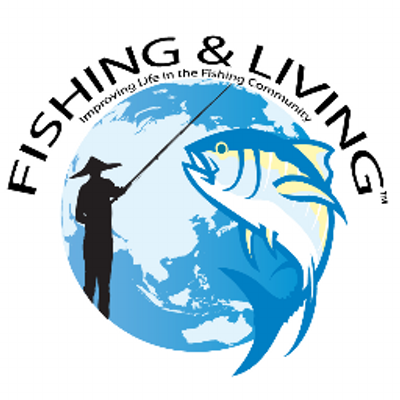Where does your tuna come from?
Buru island is one of the most remote locations in which F&L is active. From Ambon island it is a 6 hour ferry ride, with sites another 2-3 hours drive from the harbour. The north and south of the island are quite distinct; the south being more dry and arid and the north having more rain and therefore much greener. Fishing is one of the main livelihood on the island but the island is also very famous for producing high quality eucalyptus oil, known locally as minyak kayu putih. Villages are often located close to rivers, which is apparent in the village names; wae the local term for small river, seen in village names Waepure, Waelihang, Waeprea.
The low population density of the island means there are many unspoilt views of rolling hills, coconut and palm trees and sandy beaches. Supported by a team of 6 field staff, F&L works with ~260 fishermen in 7 different villages across Buru Island. Apart from fishing, agricultural activities, such as cassava, clove and banana are common additional livelihoods in communities. Colo-colo is a favourite dish, consisting of fresh grilled fish with a dipping sauce from tomatoes, chillies, lime juice, coconut oil, shallots and lemon basil.

A fisherman pulls Tuna fish caught by hand-line in the Buru Sea, Maluku Province. People in Buru Island have used this traditional fishing method since the 16th century. Photo credit: Oscar Siagian/Greenpeace
How was your tuna caught?
The Buru Island handline Yellowfin tuna fishery consists of small single-handed boats that go out to sea for 1 day at a time. Fishermen travel out to sea in groups and locate tuna schools using natural cues such as dolphins or birds, as tuna naturally associate with these. Fishermen then use highly selective handline gear: one line, one hook, one tuna. The average daily catch usually consists of 1 to 3 fish.
Buru Island fishermen are part of the Fishery Improvement Project (FIP) for the Indonesia handline tuna fishery. The FIP started in 2010 and is aiming for MSC certification. Through the help of our dedicated field team, F&L supports community and sustainability projects such as ocean awareness programs, beach clean ups, recycling programs, safety-at-sea and data collection.

Fair Trade USA Certification
Buru fishermen became Fair Trade USA certified in 2018. By being Fair Trade certified, fishermen receive a more equitable income through a community Fair Trade premium fund which they can re-invest into their communities and local ocean conservation projects.
Find out how the Fair Trade standard has impacted the fishing community in Buru below.
Fishery Improvement Project
Through its Fishing & Living program, Anova Food, is supporting improvements in the Indonesian Handline tuna fishery in many different locations across Indonesia. In partnership with NGOs such as MDPI and the Indonesian government, Fishing & Living is engaged in the Indonesian Handline tuna Fishery Improvement Project (FIP) that aims for Marine Stewardship Council (MSC) certification. Fishing & Living is also focused on improving the well being of the fishermen and their communities through community projects.
